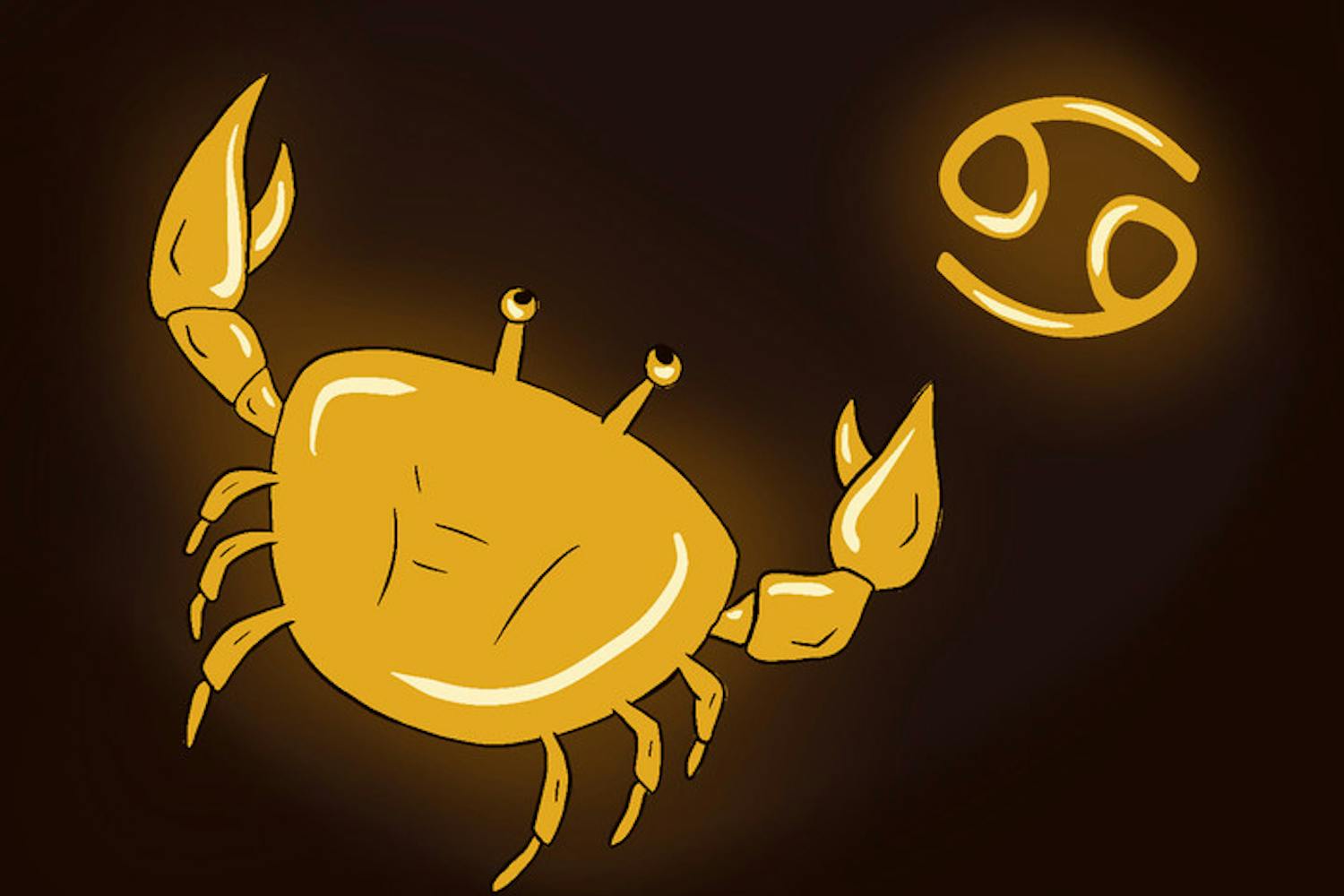On Saturday, Aug. 25, Neil Armstrong, the first man to set foot on the moon, died.
If Armstrong had not been the first person on the moon, there were certainly others ready to take his place, but fate granted him a place in history as the greatest champion of the human race.
Alexander the Great conquered the known world and Edmund Hillary conquered Mount Everest, but Armstrong was the first human to do what only a god should be able to do. He left our world and walked on another.
Armstrong represents the most iconic and marvelous achievement of 50,000 years of human history. If we have learned one thing from his passing, it is that we need to continue making legends out of people by encouraging them to do the impossible. We must realize a greater purpose for humanity that is more than simply existing by furthering our reach into space. This must become a priority.
The percentage of the national budget dedicated to NASA has been reduced to less than one half of a percent in 2012. While we spend trillions of dollars building weapons of war and destruction, we allow efforts to explore the cosmos to wither into irrelevance. Doubling the NASA budget would be a small sacrifice; one which would not thwart our efforts to better conditions on Earth but enhance our efforts with even greater technology. By experiencing the wonders of the universe around us, humanity itself becomes more wonderful. An intelligent species, such as the human race, does not deserve the gift of extraordinary intellect if it refuses to use it.
This is the legacy I hope Armstrong left.
I’ve heard it is foolish to spend money on space when there are people on Earth still starving, sick and poor. But as millions of young people who dedicate their lives to science know, it is the audacity, ambition and intellect of the human race that makes our species worth caring about.
We have been granted the gift of being a small part of an unimaginably vast and beautiful universe. We squander that gift when we refuse to avert our attention from the speck of dust we live on to the universe of endless wonders space offers. This would be the greatest offense we could commit.
I believe Armstrong’s sentiments when he said he had made “one small step for man, one giant leap for mankind.”
Let us do better and go farther, just as he surpassed those before him. Let us not allow his to be the last great leap for humanity.
Reach the columnist at jacob.evans@asu.edu. Follow the columnist at @jacobevansSP.



